Despite the continuing frost in relations and exchange of fire across the border, India and Pakistan continued their new year tradition of exchanging lists of prisoners and nuclear installations.
In total, India and Pakistan handed over a list of 834 citizens languishing in each other’s jails. This list is a bi-annual exercise that is part of the 2008 agreement signed by the two countries.
However, Kulbhushan Jadhav, arguably the most famous prisoner, does not figure in the list. This is because Pakistan believes that Jadhav is neither within the category of “civilian prisoners” nor “fishermen” – the two types of jailed citizens for which the neighbours exchange lists.
The 2008 agreement instructs the two countries to exchange “list of the nationals of the other country under its arrest, detention or imprisonment” on January 1 and July 1 each year.
Sources confirmed that Jadhav has never figured in any of the lists of Indian prisoners provided by Pakistan since 2016.
Pakistan announced Jadhav’s capture in March 2018, claiming that he was a serving Indian defence officer who was allegedly behind several incidents of terror. India strenuously dismissed the allegations, asserting that Jadhav was kidnapped from Iran.
India and Pakistan will be facing each other in the International Court of Justice in February for oral hearings in New Delhi’s suit against Islamabad for not allowing consular access to Jadhav, in violation of international treaties.
According to the statements from the two foreign ministries, the lists included 249 Pakistani civilian prisoners and 89 fishermen in Indian custody. On the other side of the border, Pakistan has 483 Indian fishermen and 54 civilian prisoners in its custody.
The Ministry of External Affairs press release called for immediate consular access to those in Pakistan’s list whose nationality as not been confirmed, and the early release of “civil prisoners, missing defense personnel and fishermen along with their boats”.

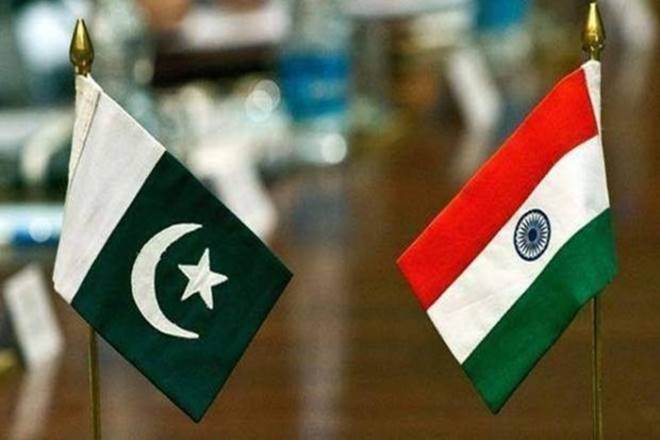










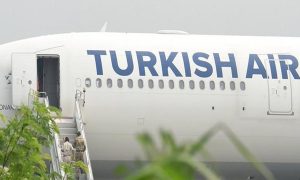

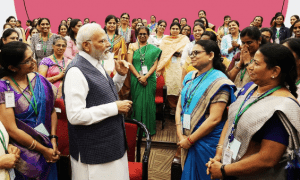

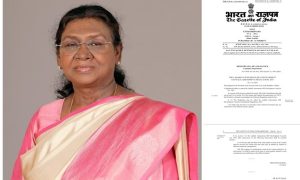

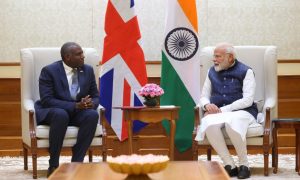

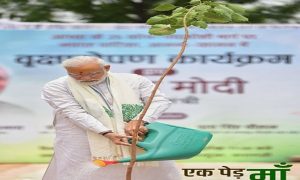

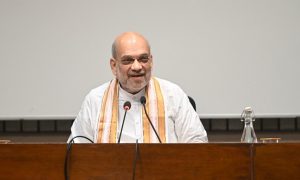

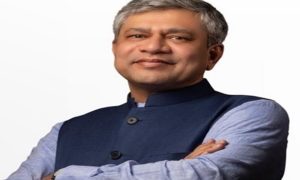



 WhatsApp us
WhatsApp us